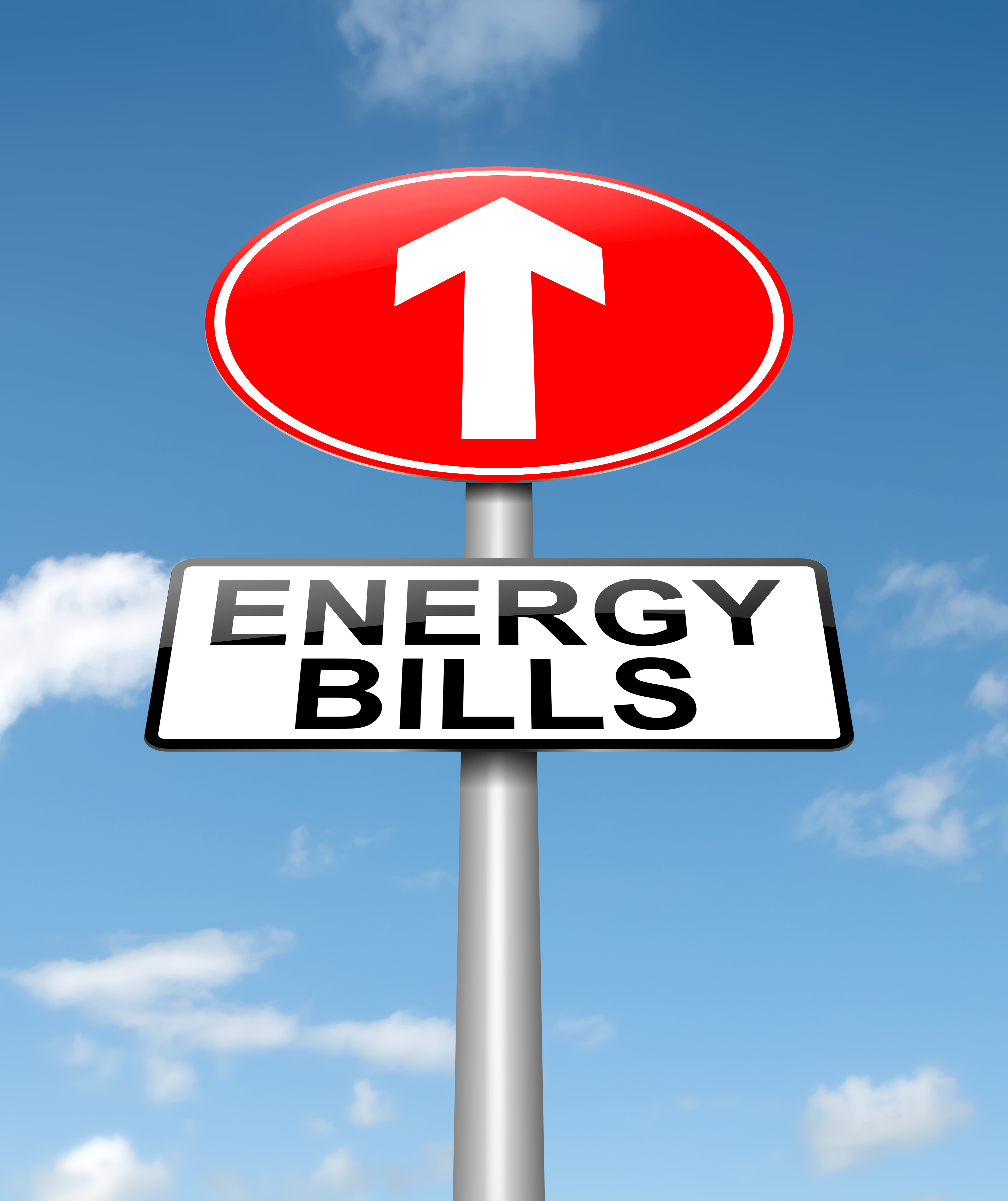Household Bills
Will your energy bill increase in June?

Summer might have finally arrived, but 285,000 households could see their energy bills increasing in June.
According to Compare the Market, 166 fixed-rate tariffs will come to an end this month. If no action is taken, this could cost these households nearly £297 a year more on their energy bills, totalling more than £84m.
This is because when fixed rate energy tariffs come to an end, households that don’t switch tariffs will be automatically moved onto their supplier’s more expensive default energy tariff. This can gift suppliers a huge ‘inertia windfall’.
Peter Earl, head of energy at Compare the Market, said: “Rising wholesale energy costs and the knock-on effects of Covid-19 have been pushing up the price of energy for millions of households. For households on fixed rate tariffs that are due to expire, they stand to needlessly overspend by a considerable amount on their energy bills if they do not take action and are switched to a standard tariff.
“There are steps people can take to help manage the rising costs, in particular shopping around for a cheaper tariff and switching supplier can save you hundreds of pounds. There are also tools that can help you compare your energy costs to similar homes in your area and you can sign up to receive regular alerts when a cheaper tariff becomes available or a notification when your fixed deal is about to expire.”
Capping prices
Standard variable tariffs are the most expensive tariffs operated by energy suppliers. It’s because they are such a rip off that the energy price cap was introduced, in a bid to limit how badly suppliers can milk those customers who do not switch tariffs after their initial deal comes to an end.
The price cap was increased back in April to £1,138 per year for the average household, a jump of £96. This was down to a combination of the greater demand for energy, which had pushed up wholesale prices, as well as to support energy suppliers who have had some customers who were unable to pay their bills due to the Covid-19 pandemic.
However, even with the cap in place, a standard tariff works out at significantly more expensive than the price you would pay if you switched to a new fixed tariff.